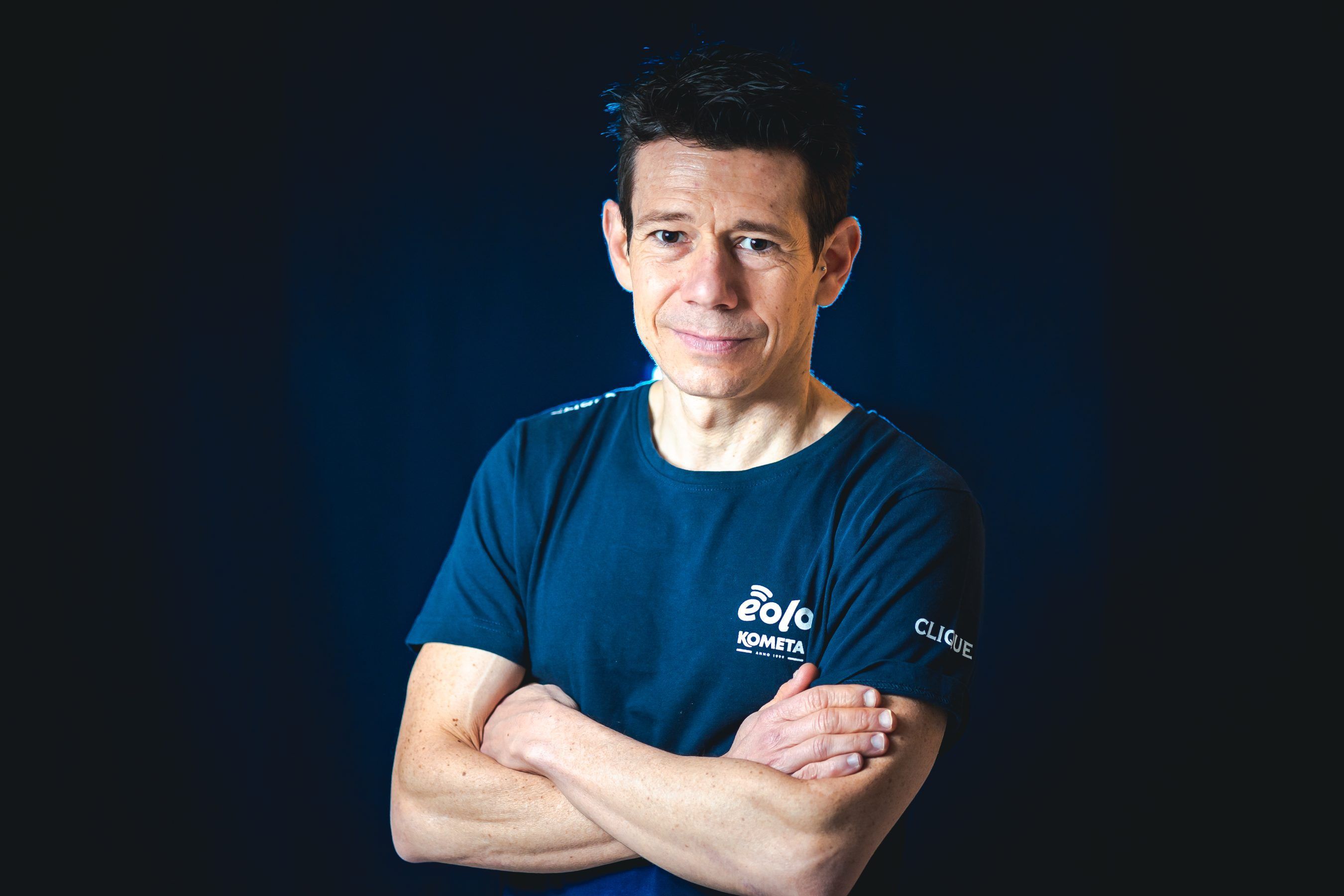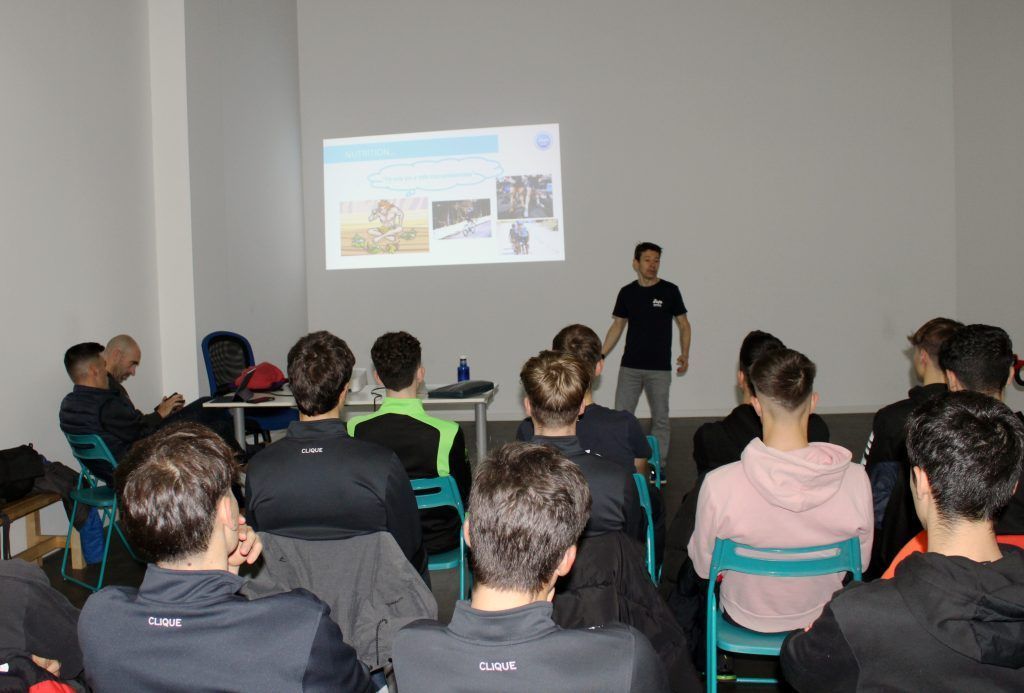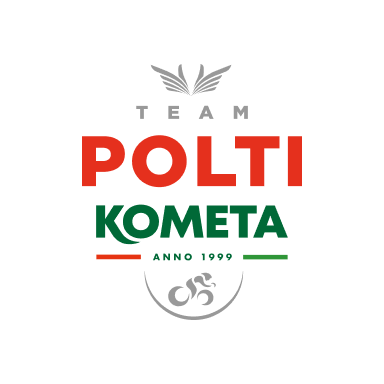Nacho Carrasco, head of the Nutrition area

Qualitative and quantitative growth in the organisation chart of the sports structures of the Contador Foundation for the 2023 campaign. The Madrid-born Nacho Carrasco (1980) will be in charge this season of supervising Nutrition within the area of physical preparation. Carrasco, who had already begun to carry out consultancy tasks during the 2022 campaign, will work with all the structures on a global level, focusing in more detail on the U23 team led by Rafa Díaz Justo.
“In recent times, the figure of the nutritionist has been gaining more weight and importance in our day-to-day lives and in the world of sport in general and cycling in particular. There is more and more information, but it is often biased information, even toxic in the sense of incorrect. The latest major improvements in the world of sport are approached from the nutritional point of view, with adjustments both personalised to the athlete and to the moment, a line of work that is giving results to the teams, as those who take care of the details improve a lot compared to those who do not. Nutrition is part of what can be called invisible training. If you don’t take care of your diet or your rest, no matter how much you exercise, your performance doesn’t make sense, it’s not going to improve,” he says.
Carrasco has a degree in Physical Activity and Sport Sciences (CAFYD) from the University of Alcalá de Henares, a degree in Nutrition from the Autonomous University of Madrid and has completed the master’s degrees ‘High Performance in Sport’ from the Spanish Olympic Committee (COE), ‘Cycling Sports’ from the University of Murcia and ‘Biological Bases and Sports Nutrition Advice’ from the Miguel Hernández University of Elche. Carrasco is also a national triathlon, swimming and cycling coach.

“Within the Foundation’s teams, nutrition is an emerging area; and therefore there is work to be done. I don’t say this with regret or negativity, on the contrary, it’s good, it’s a very good starting point: if you have room for improvement, in the end the overall improvement will be greater. Globally, talking to the kids I see that there are myths to dismantle, false knowledge biases that in the end are worse than the lack of knowledge itself. It is a social thing, truths taken for granted. The important thing is that the kids realise the benefits of the new ideas, that they see that it really works and that it is a path to follow. And from there, with that confidence and credibility, continuity and work”.
Carlos Barredo has been one of the great supporters of Carrasco’s greater involvement in the Foundation’s sports project: “Sports nutrition is one of the many pillars that support performance, along with others such as training, health and rest, and in this field Nacho is going to contribute a lot. He is a professional with a very holistic vision, but also very didactic, and this is especially fundamental when you work with youth categories. It is not easy to make the kids develop the ability to know how to nourish themselves, we are not talking about eating as ingesting food, but about nourishing themselves according to training objectives and particular needs. I always tell the kids that training is the easy part, the simple part, but in the end to maximise the benefits that are achieved through training you need to recover well. And within this recovery we can’t forget to take nutrition into account”.
Fran Contador, general manager of the EOLO-KOMETA Cycling Team of the Contador Foundation: “In cycling today, every detail is taken care of and every time, thanks in part to technology, it is done in greater detail. One of the emerging fields of these advances, and one of the most important, is the one that takes care of the nutrition of the riders. Good food management is essential. The incorporation of Nacho is particularly satisfying for us because of his knowledge and vital experience. His figure is also important because of his work in the lower categories. It is not a job with such rigid guidelines, so demanding and with monitoring typical of professionalism, but it is undoubtedly good that the kids are acquiring guidelines in their development as athletes on their way to professional cycling”.


































